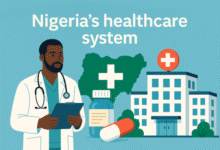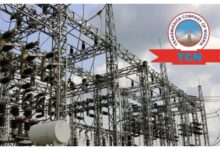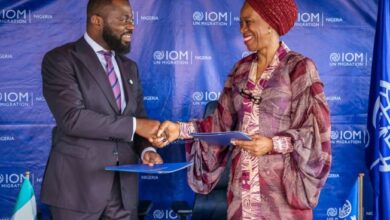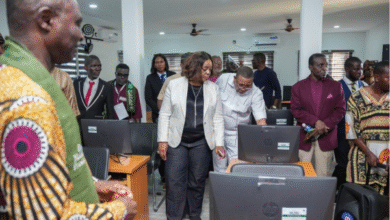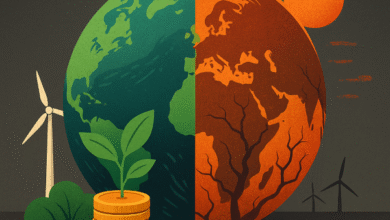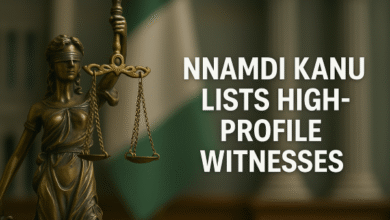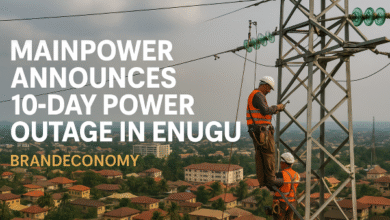Aggressive drive grows Kaduna IGR to N77.1bn in 2022 – Report
 The Kaduna State Government collected N77.1 billion as Internally Generated Revenue (IGR) in 2022, against the N88.5 billion budgeted
The Kaduna State Government collected N77.1 billion as Internally Generated Revenue (IGR) in 2022, against the N88.5 billion budgeted
The figure represents 87.1 percent performance.
This was announced in Kaduna on Wednesday at the presentation of Citizens Accountability Report (CAR) on the implementation of Kaduna State 2022 budget.
Mr Bolaji Osho, Executive Director, SkillsFuture Nigeria, who presented the report, described the achievement as commendable, considering the cash crunch that characterised the 2022 fiscal year in the state.
He attributed the 87.1 percent performance to the consolidation of the state government’s aggressive IGR drive across major sectors of the economy.
“Over the years, the Kaduna State Government has demonstrated an aggressive drive to improve its IGR as indicated by the upward trend from 2019 to 2021.
“In 2019 for example, the government budgeted N41.7 billion but generated N43.9 billion, representing 105 per cent performance.
“In 2020, 29.4 was budgeted but 48.9 was generated, representing 166 per cent performance, while N51.7 billion was budgeted in 2021 and N52.4 billion was generated, representing 101 per cent performance,” he said.
Osho explained that the engagement would engender public trust and strengthen transparency and accountability in the governance process.
The CAR identified the critical source of Tax Revenue for the state as personal taxes which recorded 144.8 per cent performance during the period under review.
The personal taxes comprise of Pay As You Earn and Direct Assessment.
Kaduna State Internal Revenue Service generated the highest revenue of N35.5 billion against a budget of N29.9 billion representing 118.5 percent.
This was followed by the Kaduna State Ministry of Finance with a revenue target of N13.3 billion but generated N15 billion, representing 113 per cent performance.
The Kaduna Geographic Information System also generated N5.1 billion against the N12.5 billion budgeted for the year, representing 40.4 percent performance.
The report further showed that the government spent N254.9 billion out of the N309.9 billion budgeted for 2022, representing 82.2 percent performance, leaving a variance of N55 billion.
On capital expenditure, the government spent N165.6 billion as against N196.8 billion budgeted for the year, representing 84.1 percent performance, leaving a shortfall of N31.3 billion.
For recurrent expenditure, the government spent N89.3 billion as against N113 billion, representing 79 percent performance with a shortfall of N23.8 billion.
On revenue performance, the government realised N255.2 billion as against the N309.9 billion projected, representing 82.2 percent performance with a variance of N54.7 billion.
The recurrent revenue, made up of government share of Federation Allocation Account and Internationally Generated Revenue (IGR) was N150.3 billion as against N157.7 billion representing 95.3 percent performance with a variance of N7.5 billion.
Earlier, the Permanent Secretary, Ministry for Finance, Malam Mohammed Sanusi, explained that the presentation of the CAR was in line with the government’s drive for transparency and accountability.
Similarly, Hajiya Hadiza Idris, Citizens Co-chair, Open Government Partnership Kaduna, commended the Ministry for Finance for the consistency in presenting the report for public scrutiny.
Hadiza, who was represented by Mr Philip Yatai, Citizens Co-chair, OGP Technical Working Group on Strengthening Social Protection Systems, urged the ministry to make available the report to the citizens early enough.
This, according to her, will enable the citizens to analyse the report, to be able to make quality inputs during the official presentation.
Also, Mr Abel Adejor, State Team Facilitator, Partnership to Engage, Reform and Learn (PERL), commended the state government for sustaining the engagement to strengthen citizens’ participation.
Adejor stressed that PERL, a governance programme, would continue to provide technical support to improve the quality of engagement between the government and the citizens.


